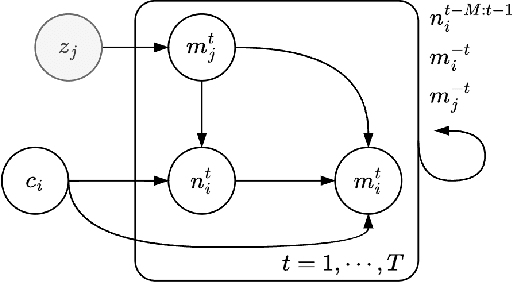Evaluating Language Model Agency through Negotiations
Paper and Code
Jan 09, 2024



Companies, organizations, and governments increasingly exploit Language Models' (LM) remarkable capability to display agent-like behavior. As LMs are adopted to perform tasks with growing autonomy, there exists an urgent need for reliable and scalable evaluation benchmarks. Current, predominantly static LM benchmarks are ill-suited to evaluate such dynamic applications. Thus, we propose jointly evaluating LM performance and alignment through the lenses of negotiation games. We argue that this common task better reflects real-world deployment conditions while offering insights into LMs' decision-making processes. Crucially, negotiation games allow us to study multi-turn, and cross-model interactions, modulate complexity, and side-step accidental data leakage in evaluation. We report results for six publicly accessible LMs from several major providers on a variety of negotiation games, evaluating both self-play and cross-play performance. Noteworthy findings include: (i) open-source models are currently unable to complete these tasks; (ii) cooperative bargaining games prove challenging; and (iii) the most powerful models do not always "win".
 Add to Chrome
Add to Chrome Add to Firefox
Add to Firefox Add to Edge
Add to Edge